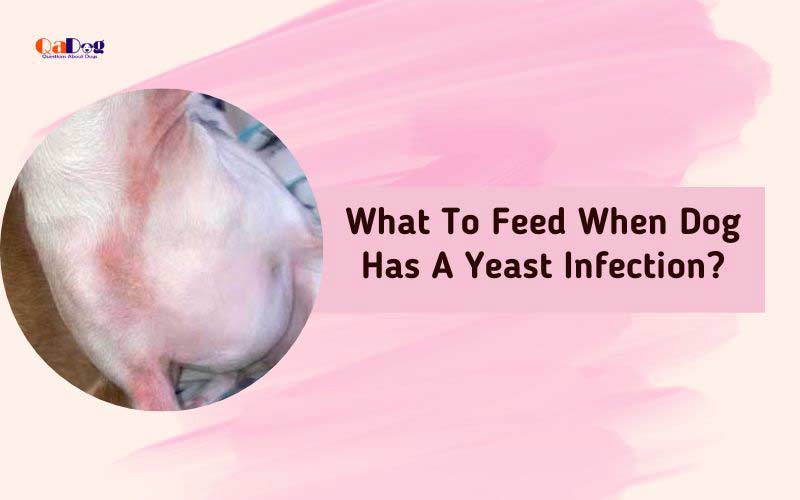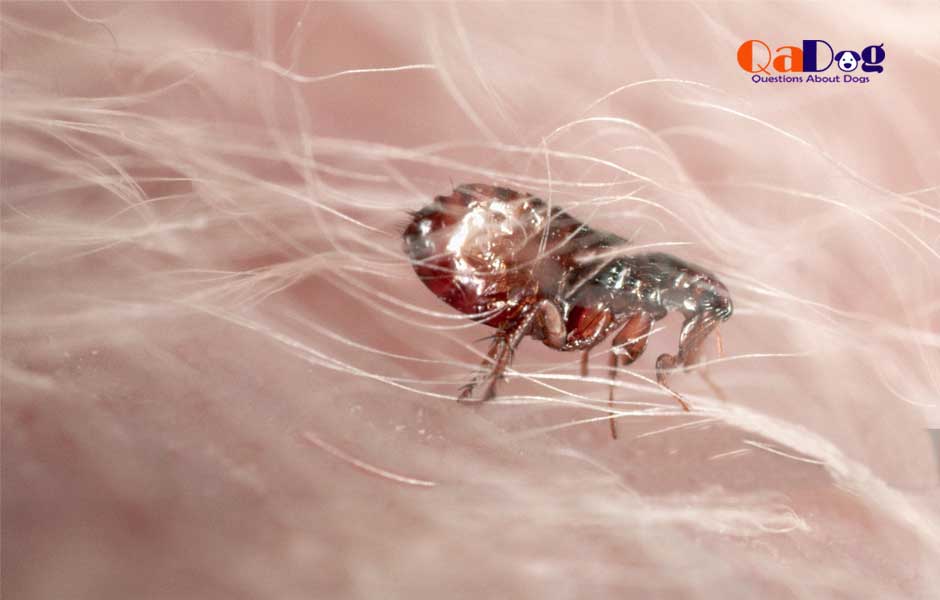Products are linked after in-depth research. From qualifying purchases, I receive commissions as an Affiliate Associate but with no extra cost to the buyers.
Neutering is an essential procedure for male dogs. Dog neutering makes him less aggressive. And indeed, that’s true. Neutering of dogs is a procedure related to the castrating of male dogs. In this process, both of their testicles are removed, so the testosterone hormone isn’t produced anymore. This process reduces the fertility of your male dog, but it still helps neutralize its aggressive behaviors.
What Is Neutering of Male Dogs?
Neutering in male dogs can help maintain the intermediate level of aggression in dogs. The neutering procedure will also stabilize his sexual behaviors besides aggressiveness. If you don’t get the neutering surgery done on male dogs, they might face testosterone-mediated behavioral issues, including increased aggressiveness at the top.
Why Is Neutering Necessary For Male Dogs?
Neutering is essential to reduce aggressiveness in male dogs. When male dogs reach puberty (nearly around 6 months), the testosterone level in their body jumps. And thus, behavioral changes are also noticed. More aggressiveness and daring attitude are detected in the male dogs if they aren’t neutered. They might also end up biting your best friend for no cause. As testosterone is related to reduction, you might also find yourself surrounded by many puppies. And it’s indeed tough to rear them up or to find a safe home for them.
What Are The Aggressive Symptoms That Require A Neutering?
Probably, by the age of 6 months, your dog will reach his puberty period. During this time, testosterone hormone secretion increases, so you can notice several behavioral changes. Some of the behavioral changes that will confirm the requirement of neutering are here:
- Excessive aggression and self-confidence
- Daring and risk-taking tendency
- Extreme boldness and reduced fear
- Increased libido and sexual behaviors
- Deepened barking
What are the Changes After Neutering A Dog?
Less testosterone hormone secretion will stabilize his excessive anger and aggressiveness. It can also reduce stubbornness. Some behavioral changes that neutering can cause include:
- Reduced sporadic urination all over the house
- Reduced aggressiveness and daring attitude
- Reduced sexual behavior
- Reduced libido and propensity to humping on other mutts
Does Neutering My Dog Reduce Its Aggressive?
Some canines are naturally found to stand aggressive. But at puberty, sudden changes occur, like aggressiveness and hostility. The changes of such characteristics are testosterone mediated. These changes in behavior emerge due to puberty as the amount of testosterone hormone increases. But if the testicles are removed after the neutering surgery, these aggressive characteristics vanish all of a sudden.
Where And How To Do The Neutering Surgery?
Actually, your vet can answer you the perfect time and process to neuter your fur baby. He knows better about your mutt’s breed. A neutering surgery can cost $35 to $250, which depends on the services you demand. This neutering surgery is mandatory to abstain your dog from aggressiveness and keep him healthy and calm. That’s why; you should look for a neutering service as soon as your pooch reaches puberty or adulthood. Otherwise, you’ll find him biting your friends or other animals at home.







